Start learning today
Featured resources
.png)
Many leaders confuse psychological safety with psychosocial hazards, but they are distinct - and misunderstanding them can undermine both culture and compliance. This blog explains why the difference matters and how Crucial Conversations training equips leaders with the skills to address both through better dialogue.
.png)
In this Free Webinar, Emily Gregory, Coauthor of Crucial Conversations, and Crucial Learning Master Facilitator, explored how fostering psychological safety through effective communication can improve workplace wellbeing.

Xero faced challenges in maintaining its positive culture as it grew rapidly. This downloadable Case Study explores how Crucial Conversations helped Xero build communication skills that enhanced psychological safety, improved employee well-being, and fostered high-performance teams across.
.png)
Unresolved conversations in the workplace can significantly impact productivity and profitability. Discover how Crucial Conversations training helps organisations in overcome communication barriers, improve performance, and foster a culture of trust and accountability.
Explore all resources
Change your search

.png)
.png)
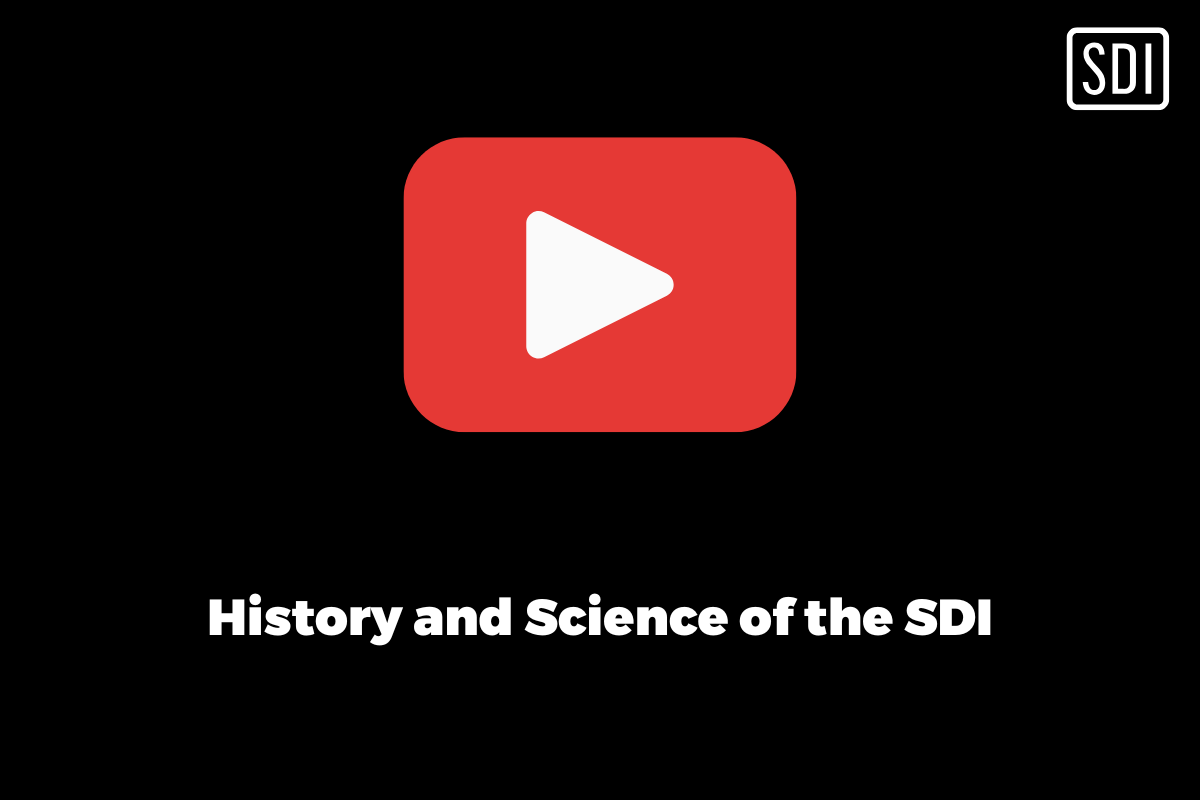
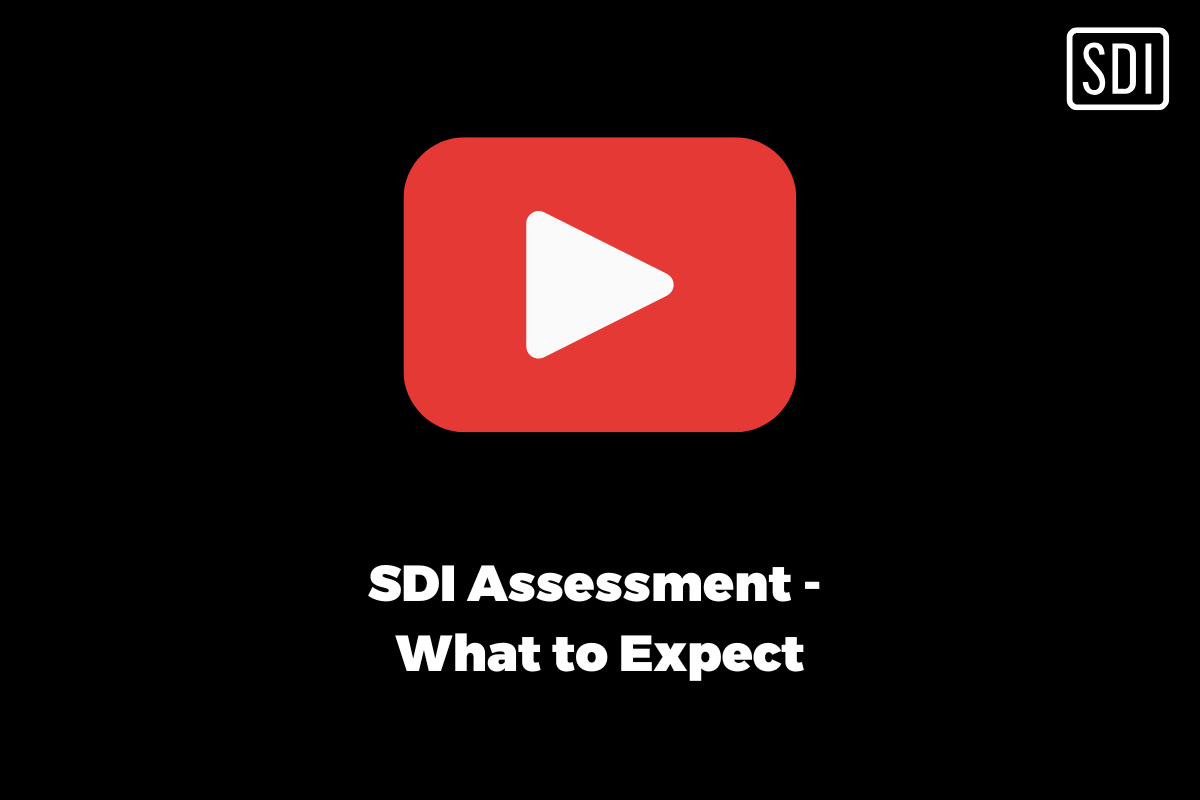



.png)
.png)
.png)
.png)
.png)
.png)
.png)
.png)
.png)
.png)
.png)
.png)

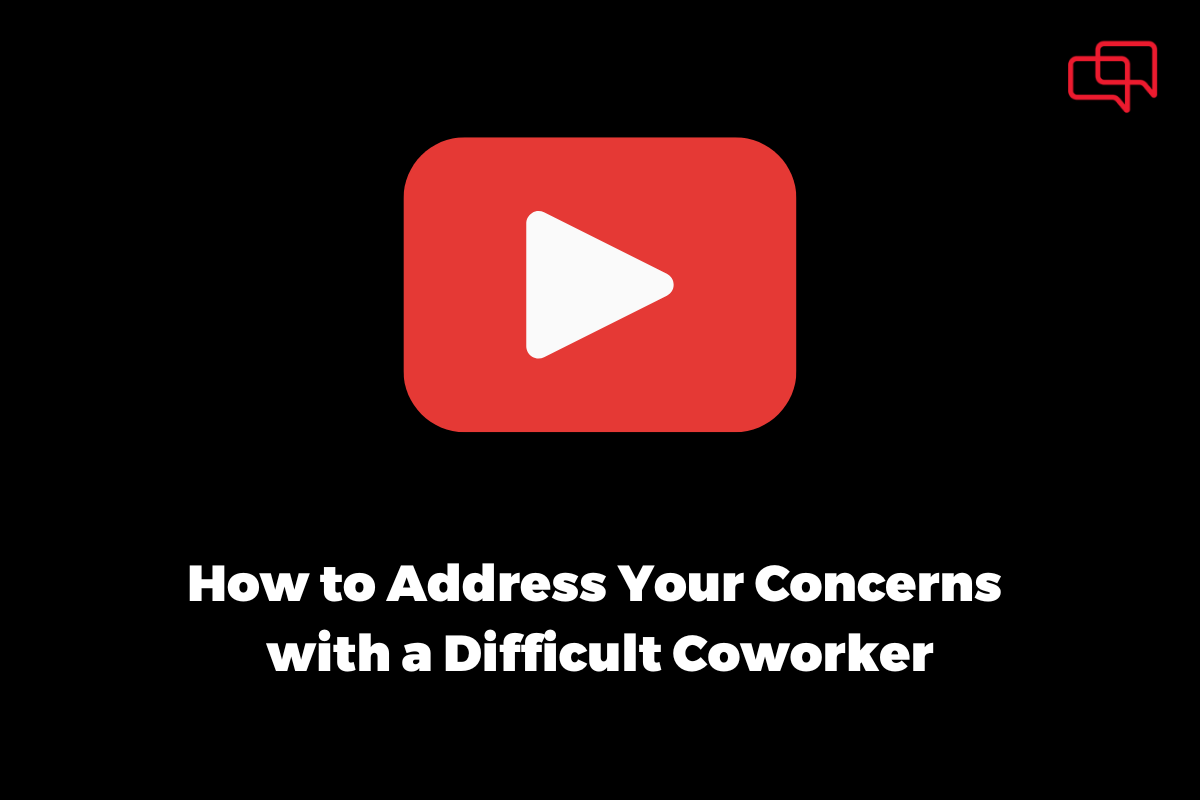

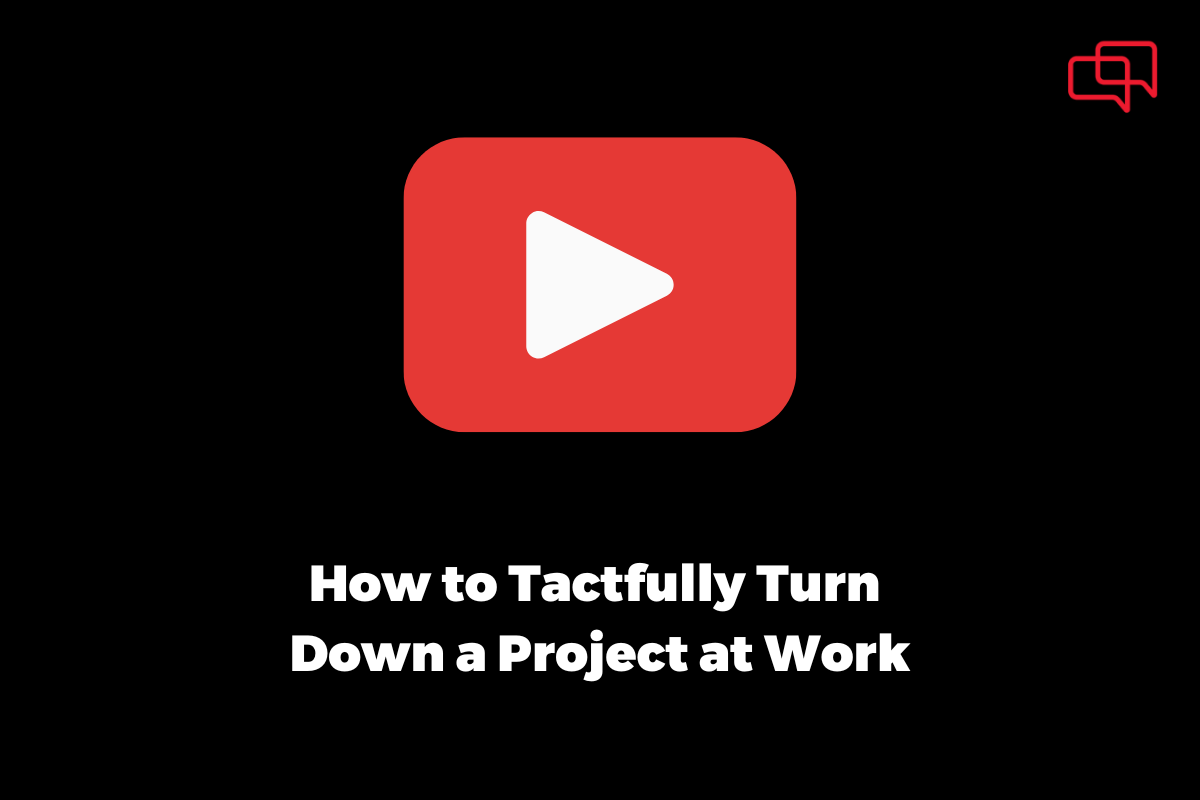
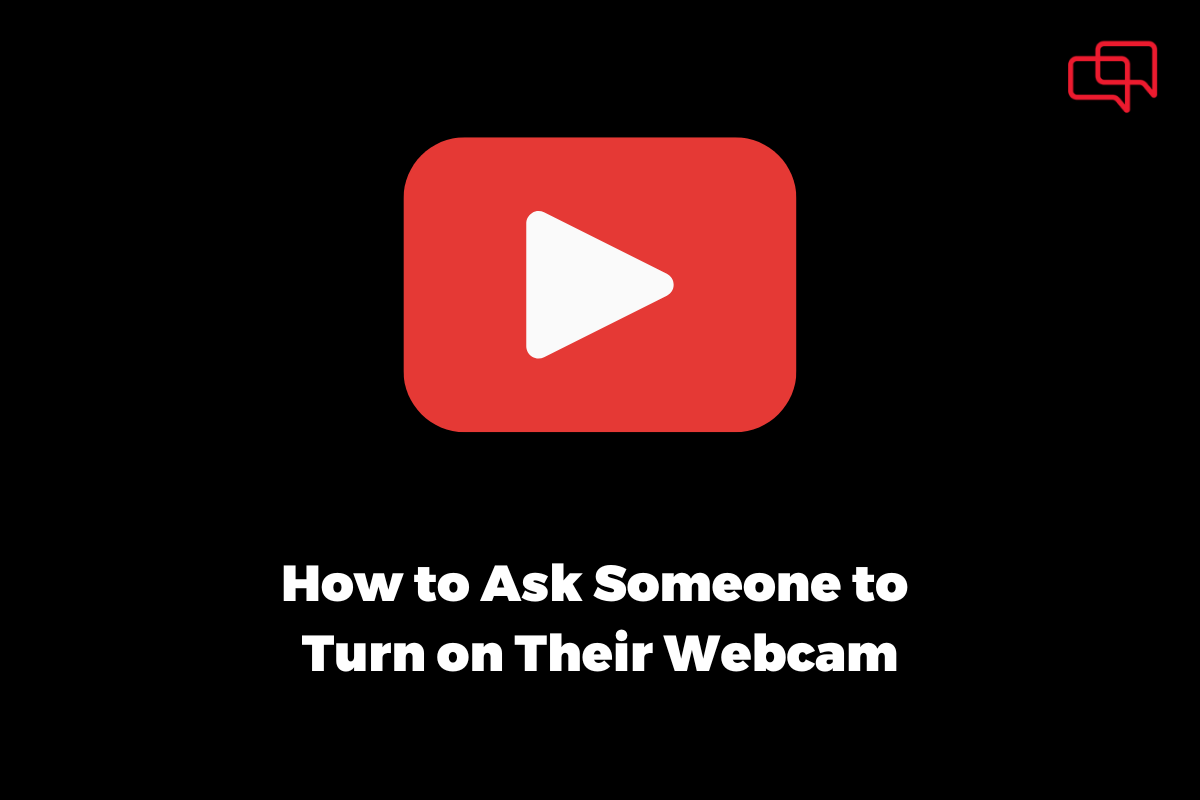
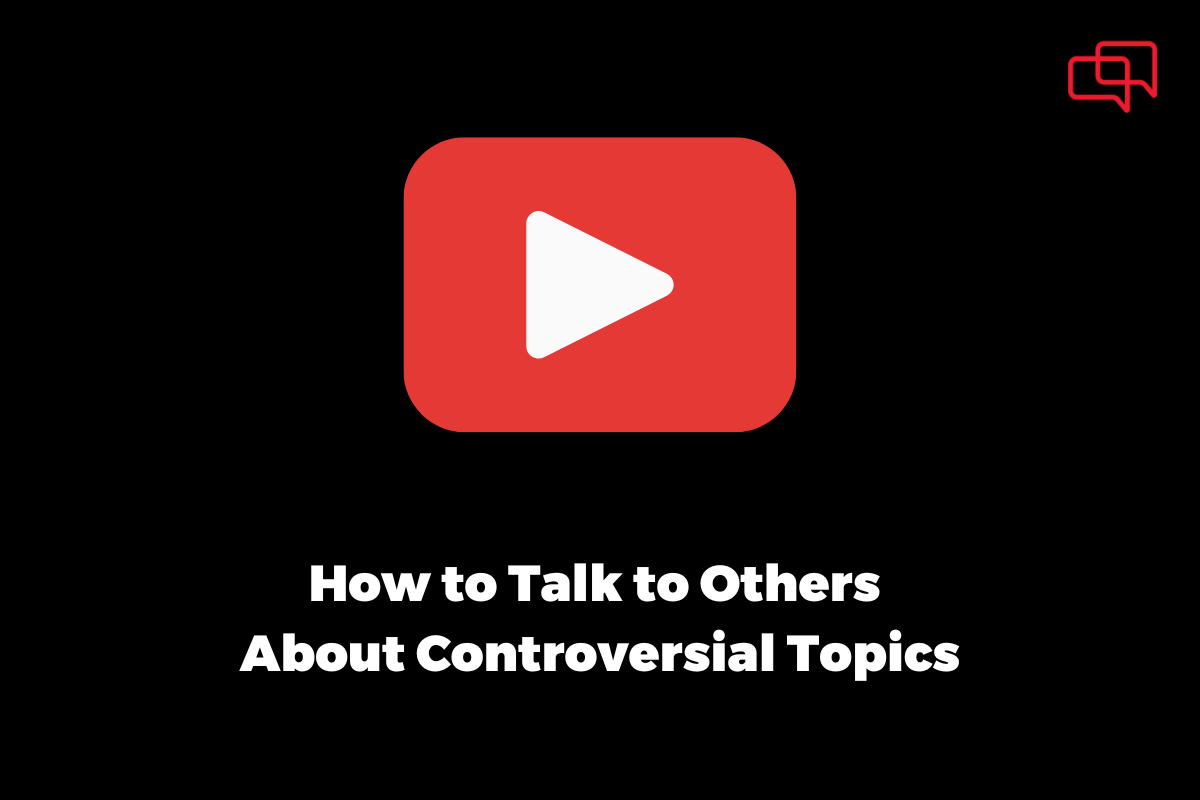
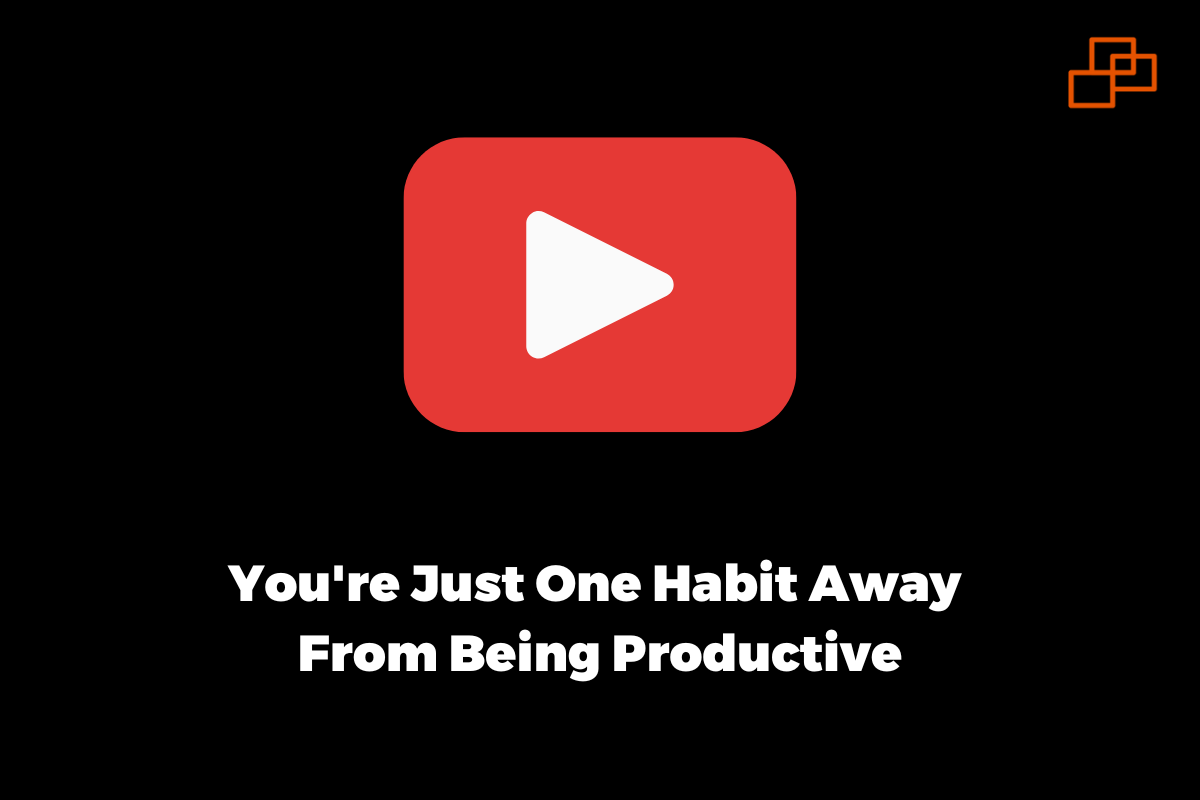
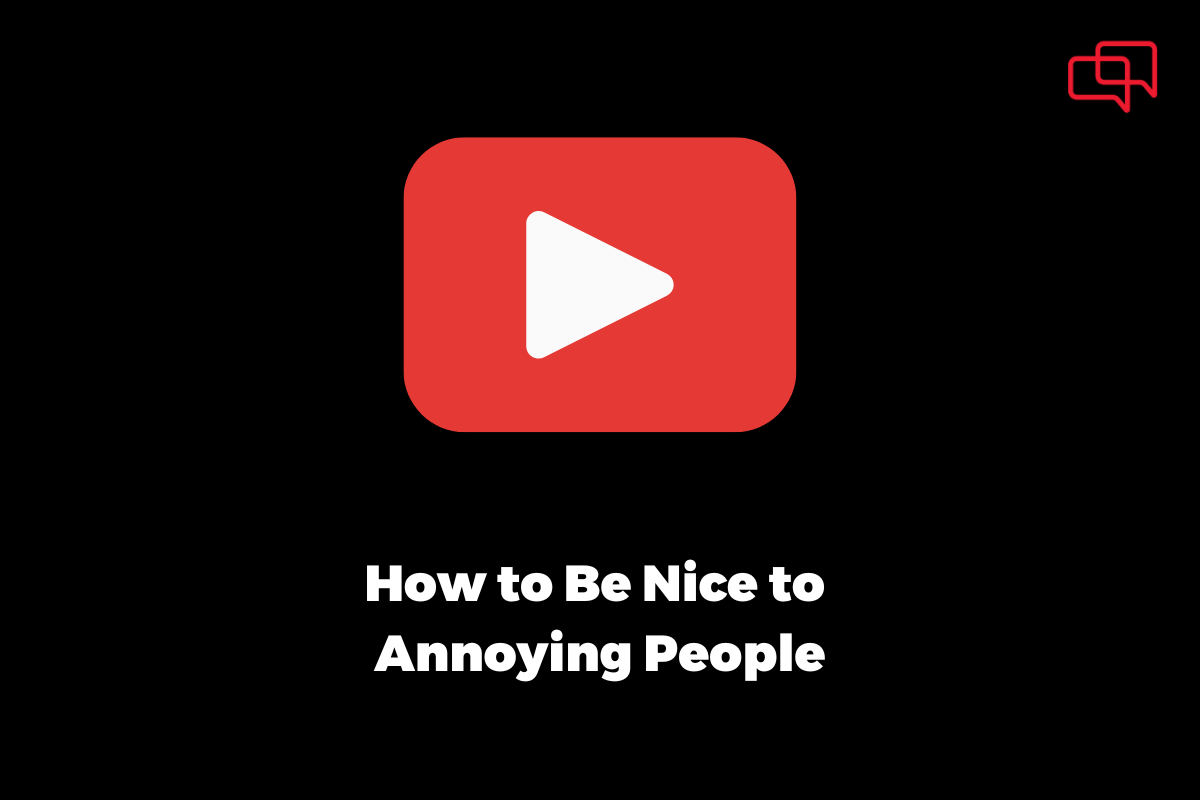

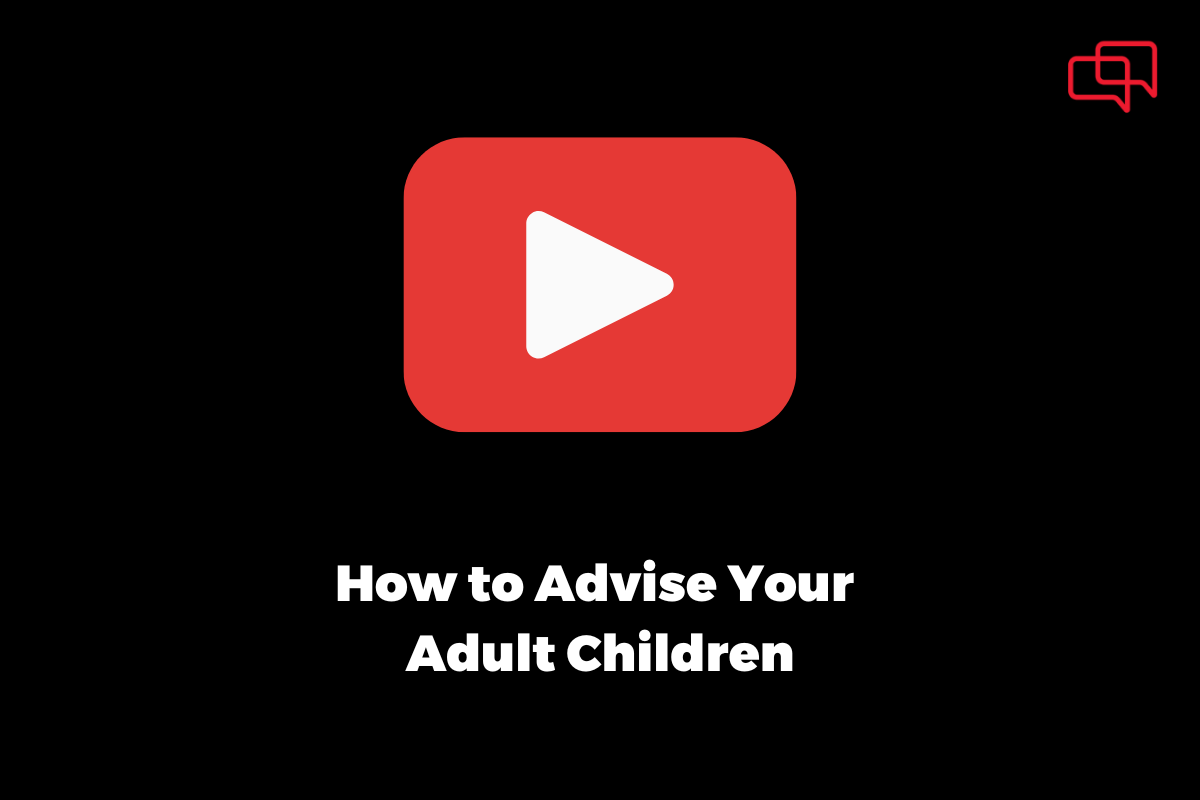
.png)
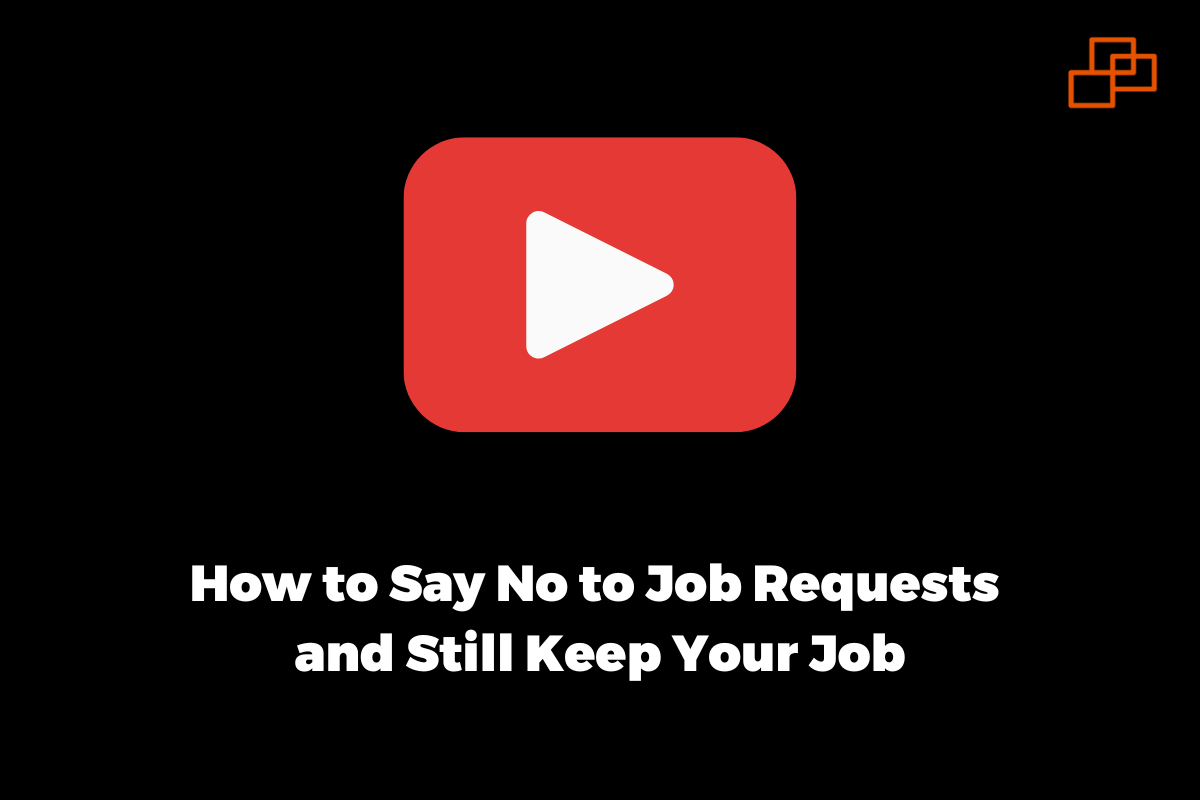
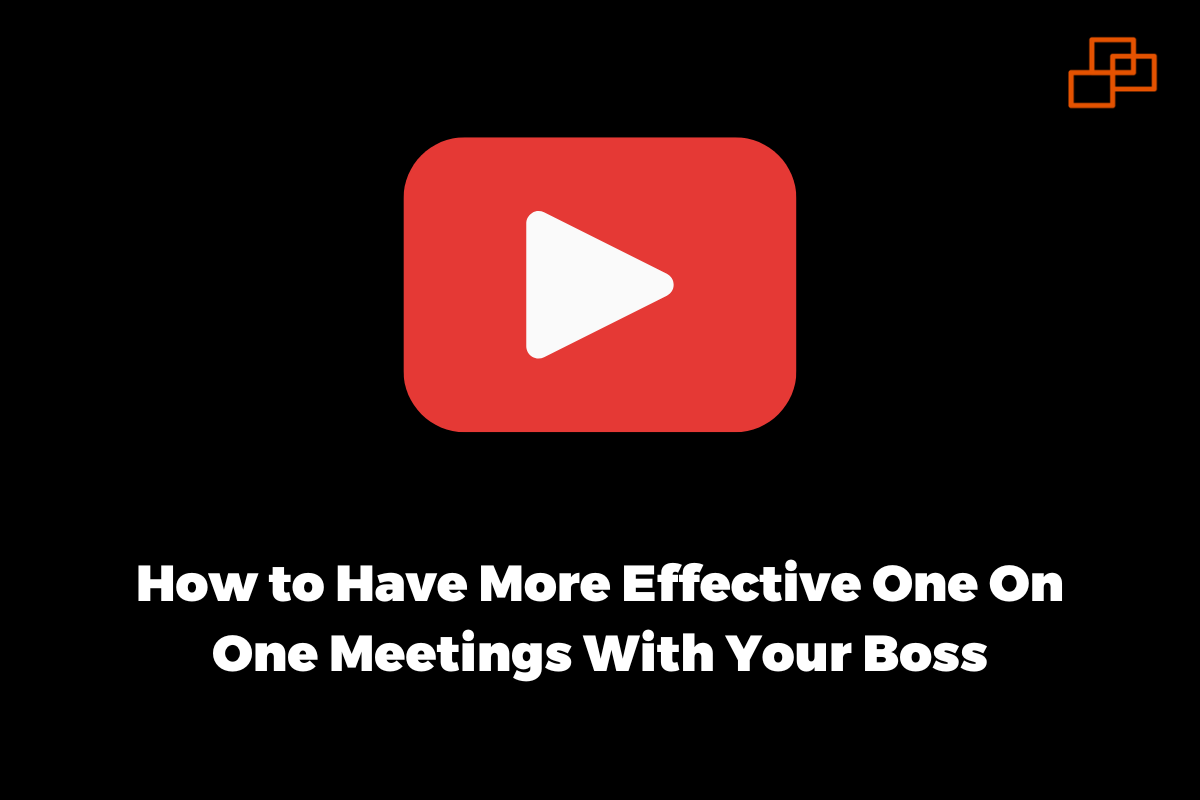
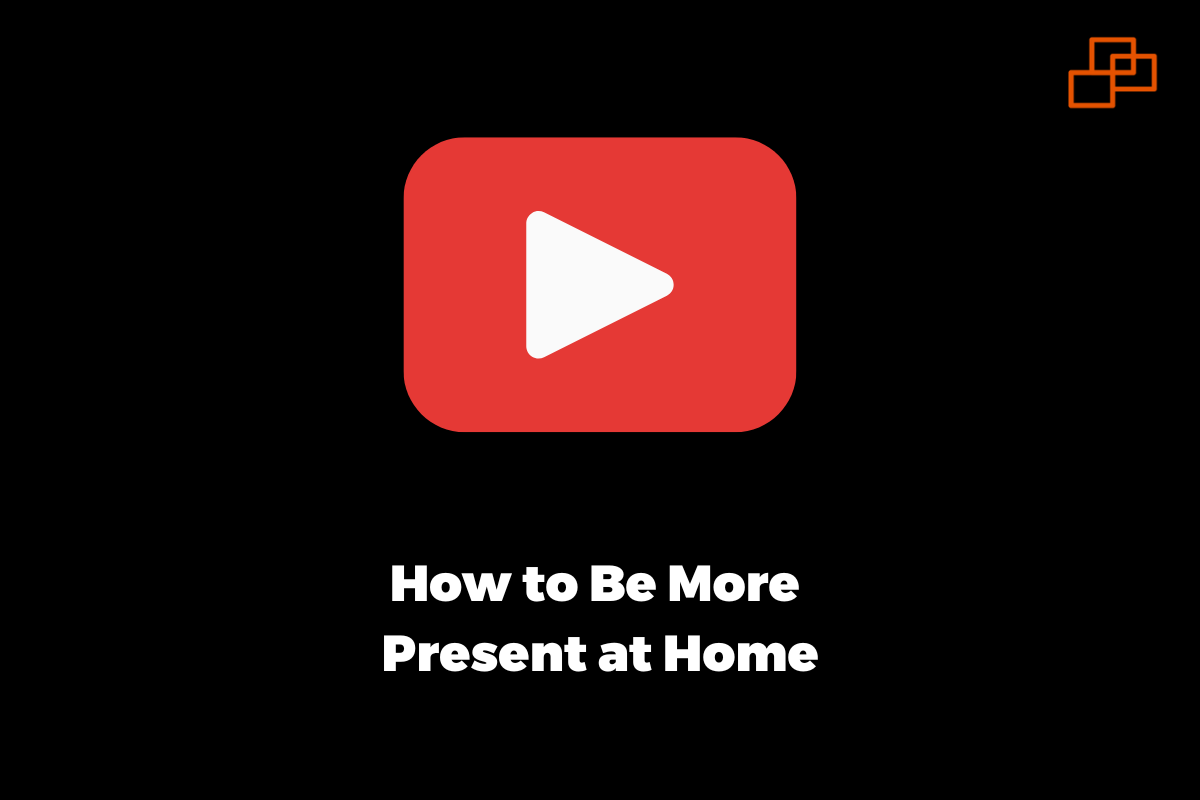
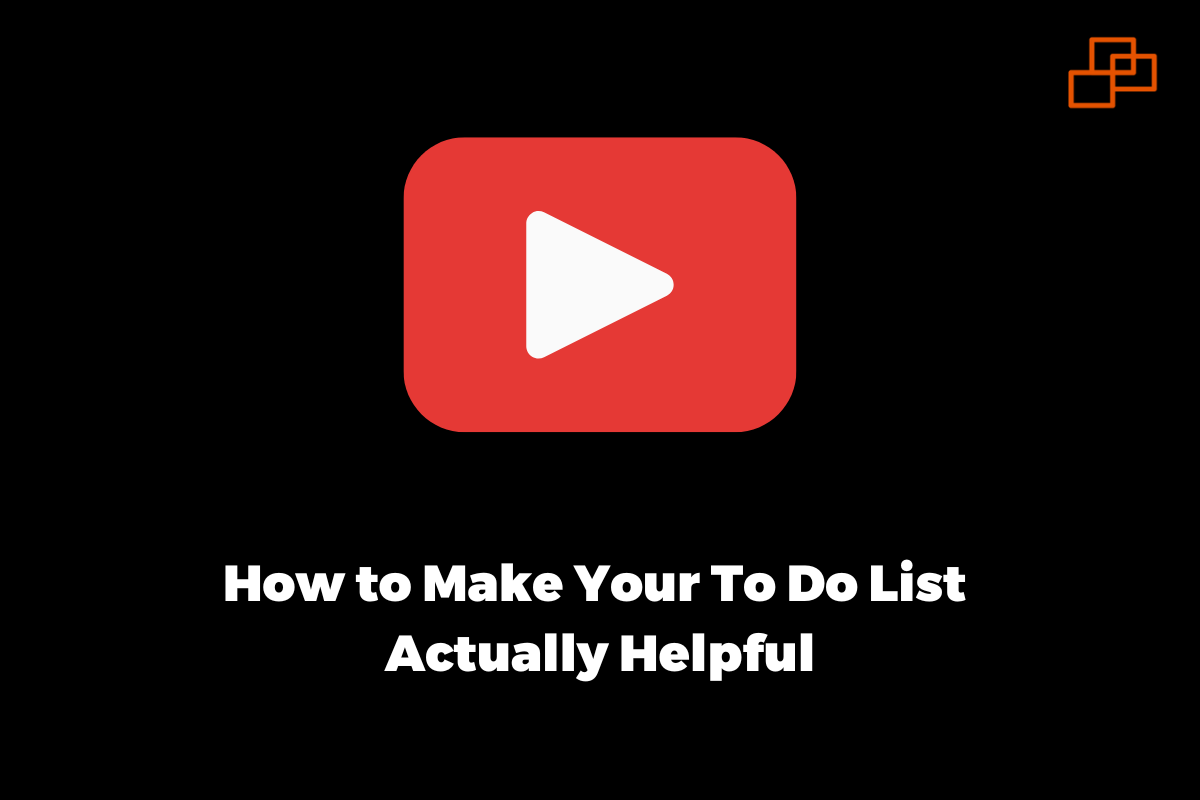

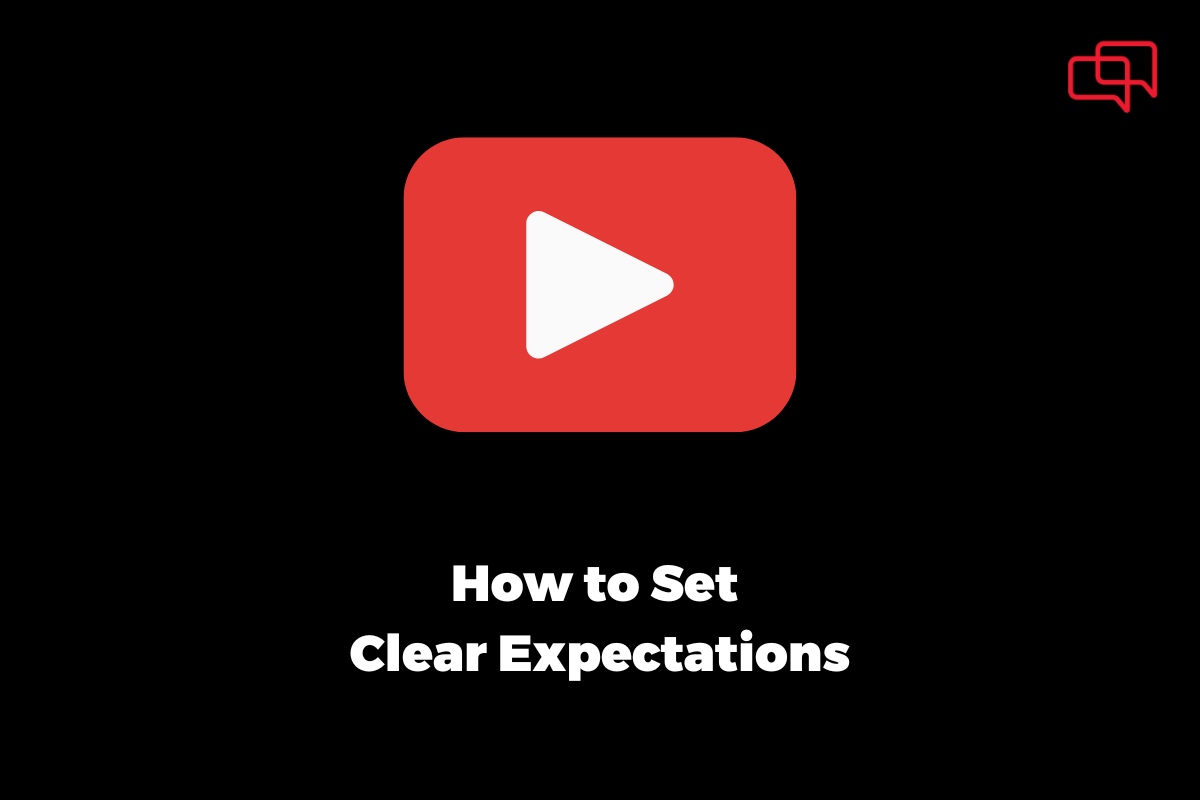
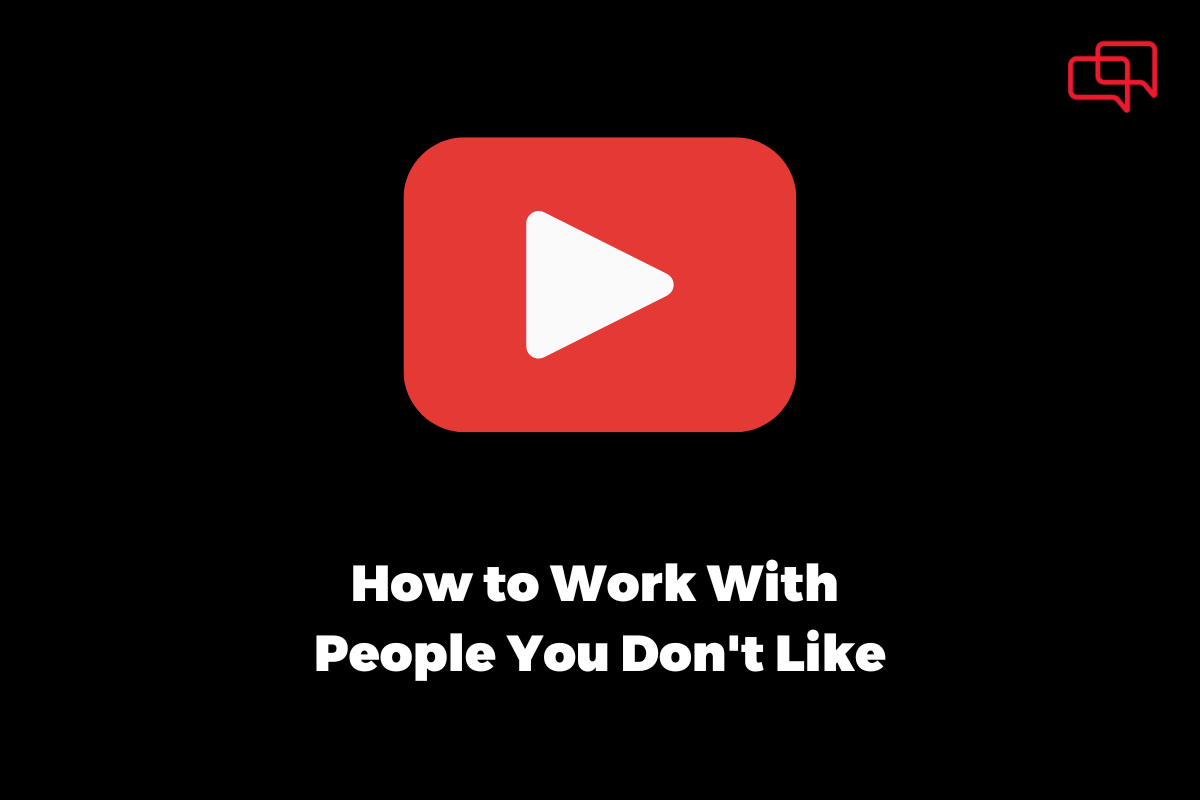
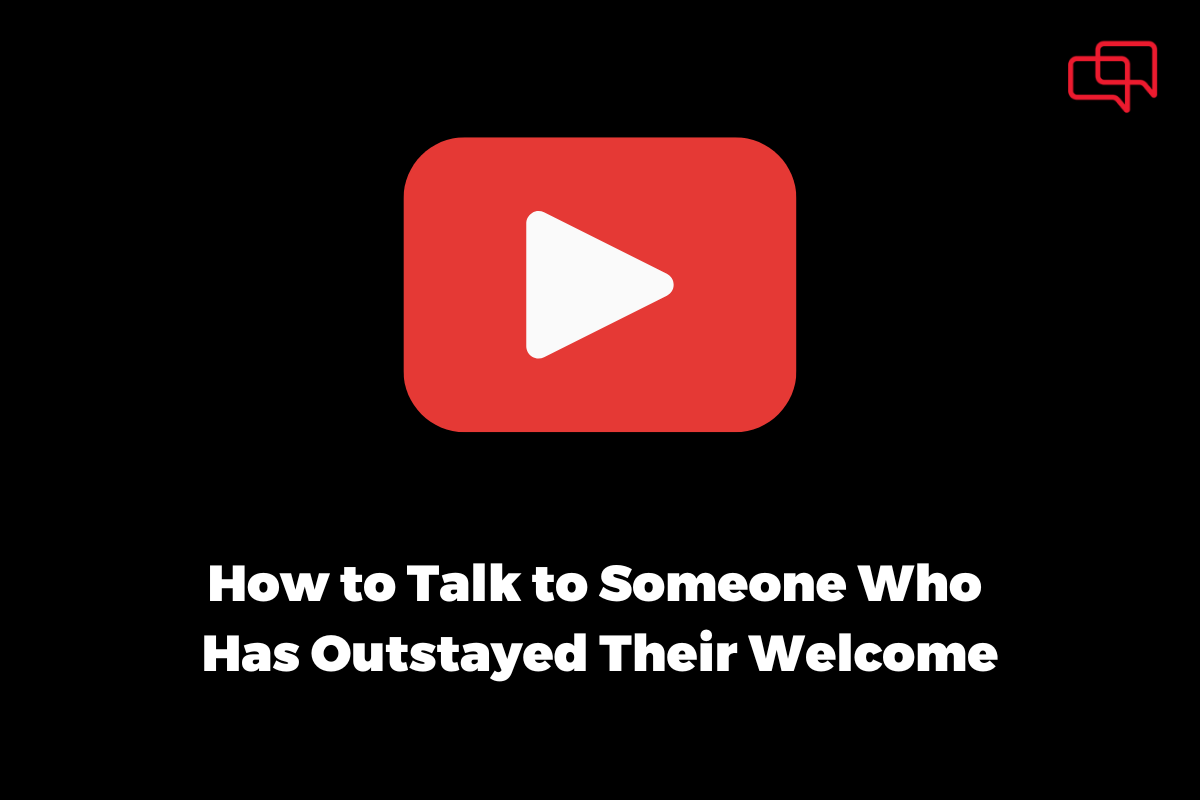
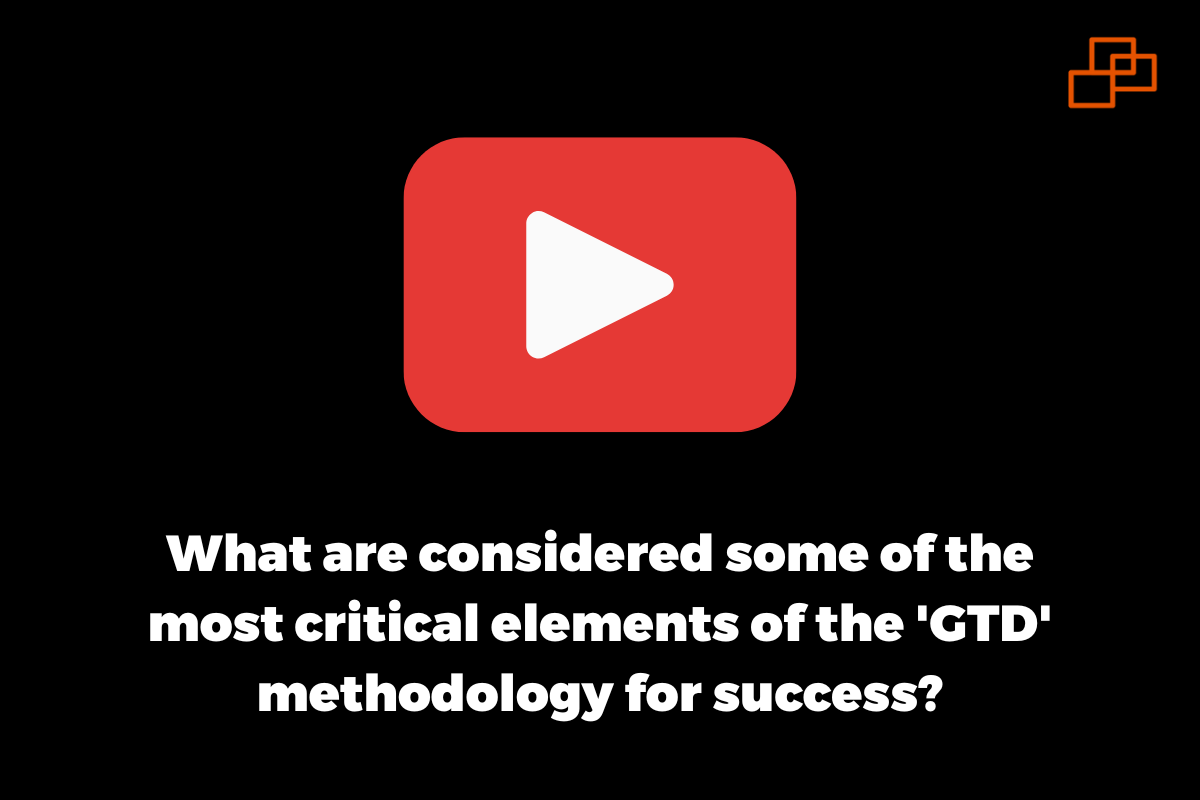
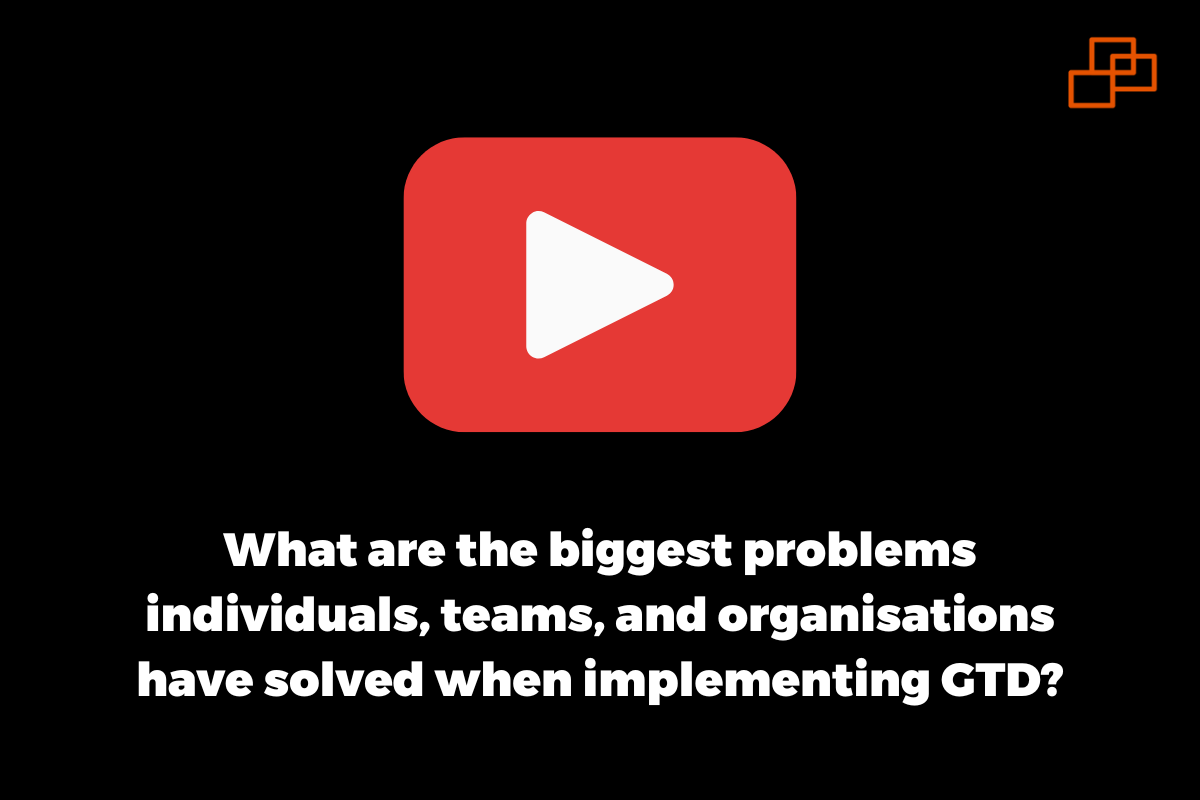
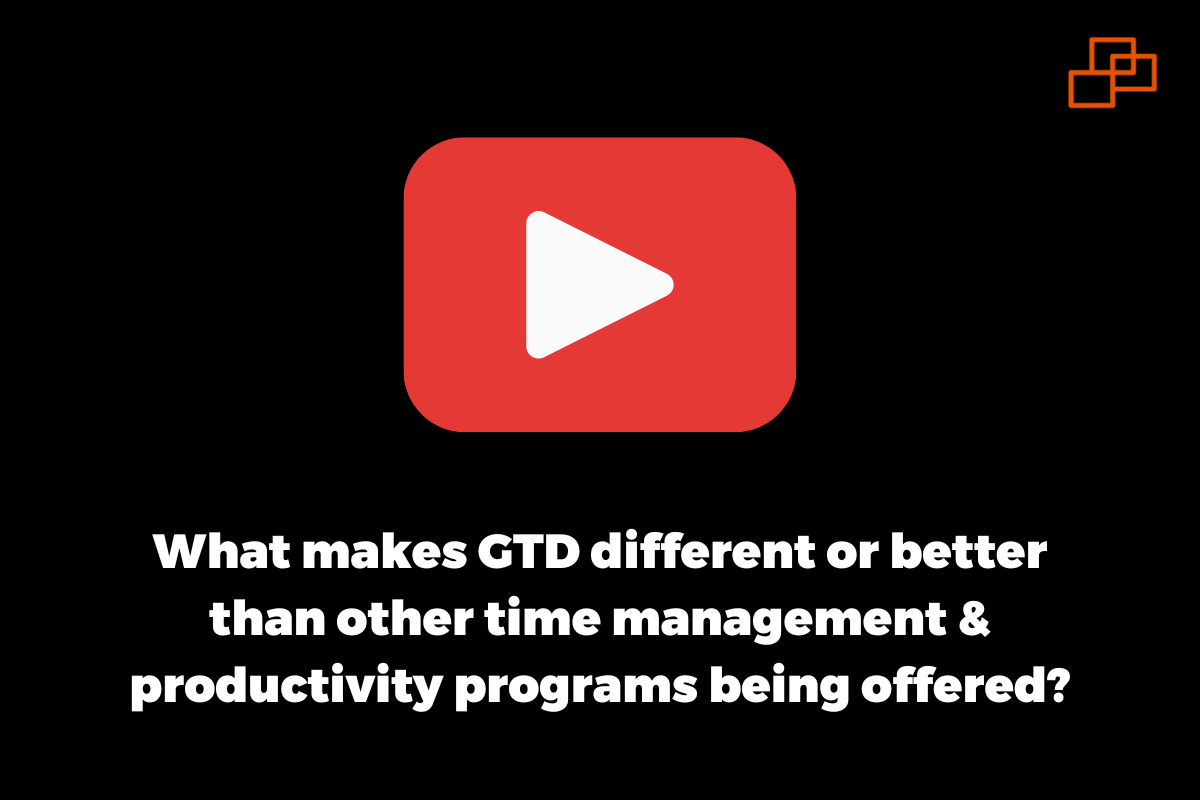

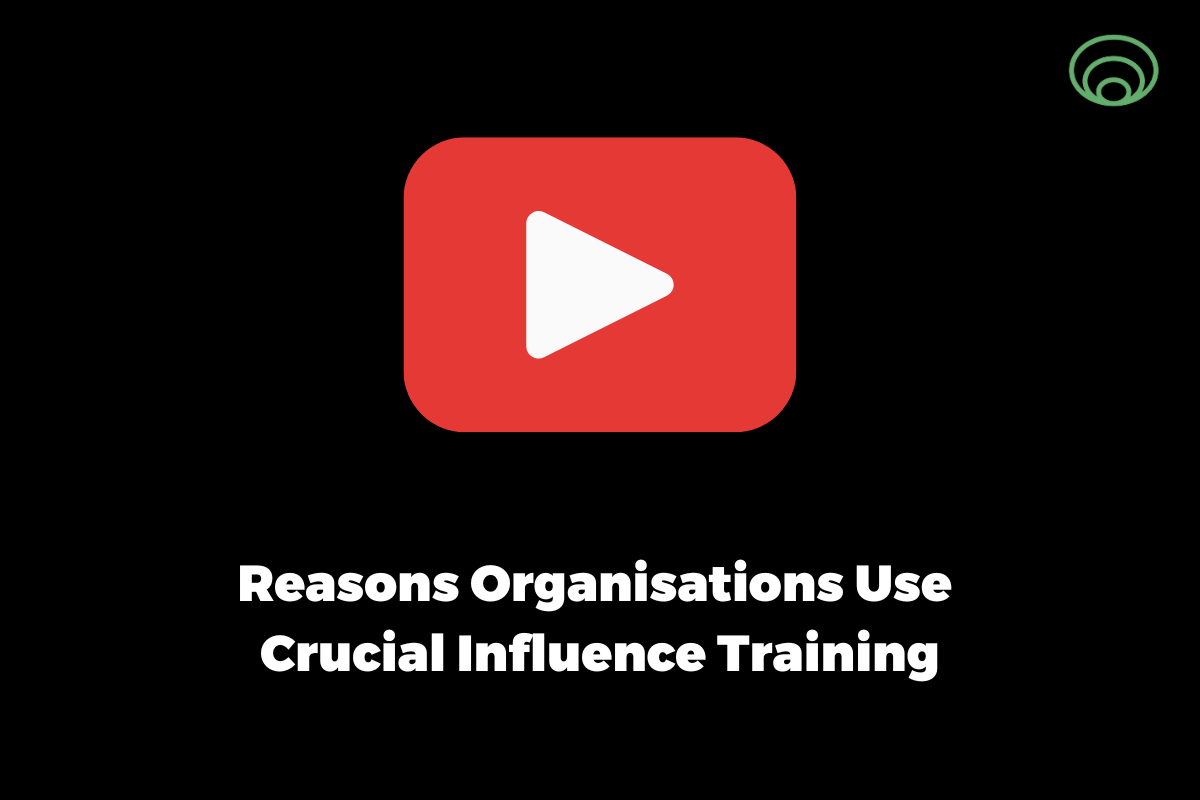
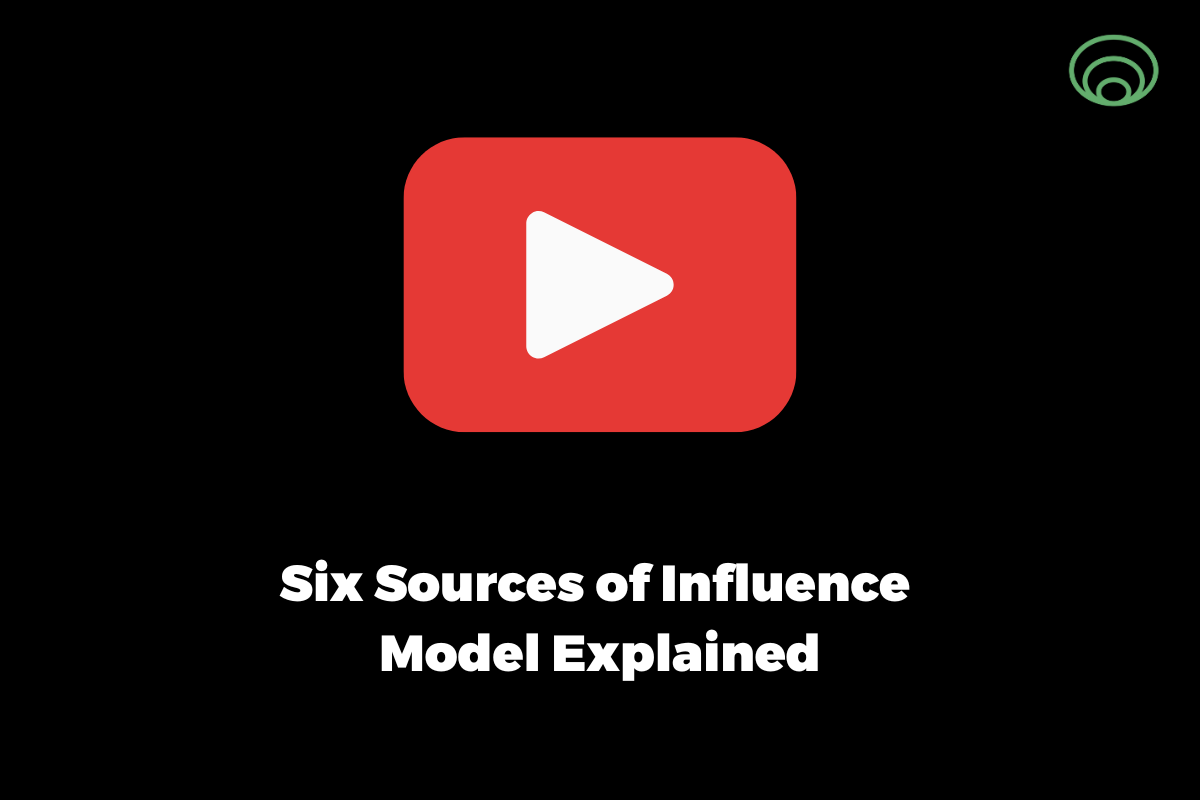
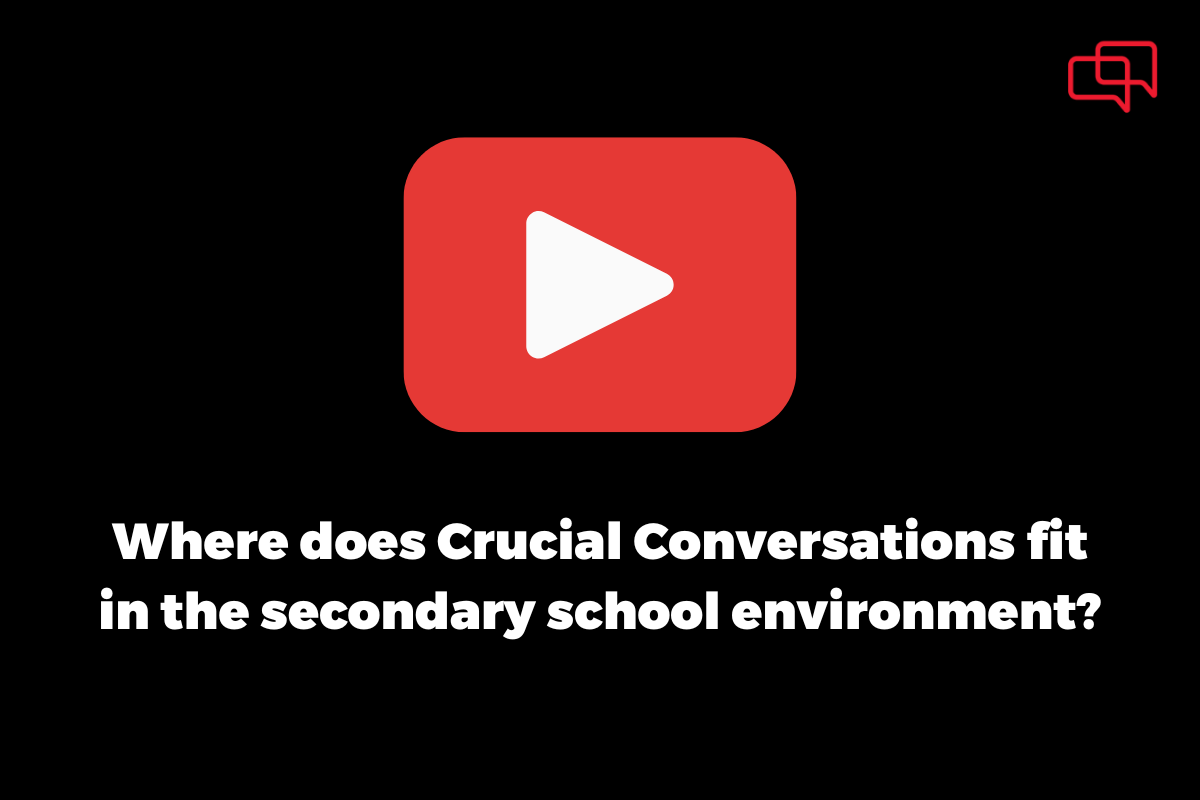
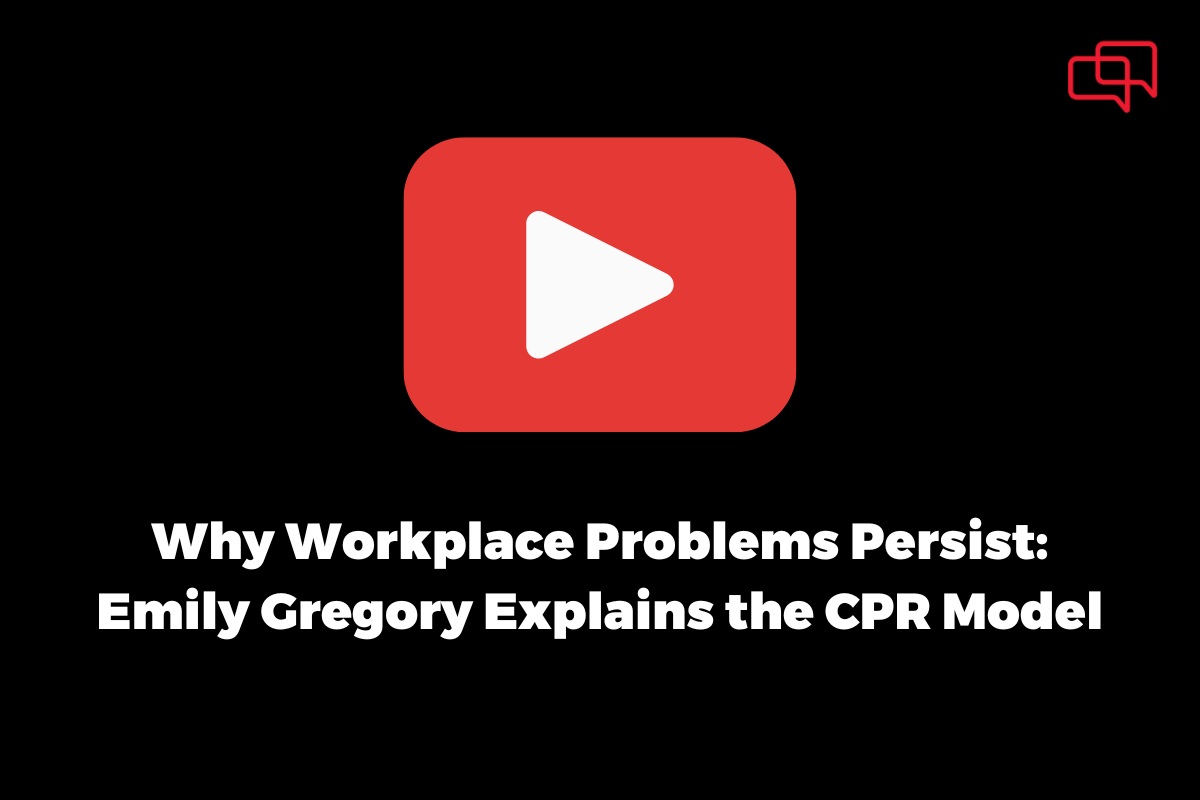
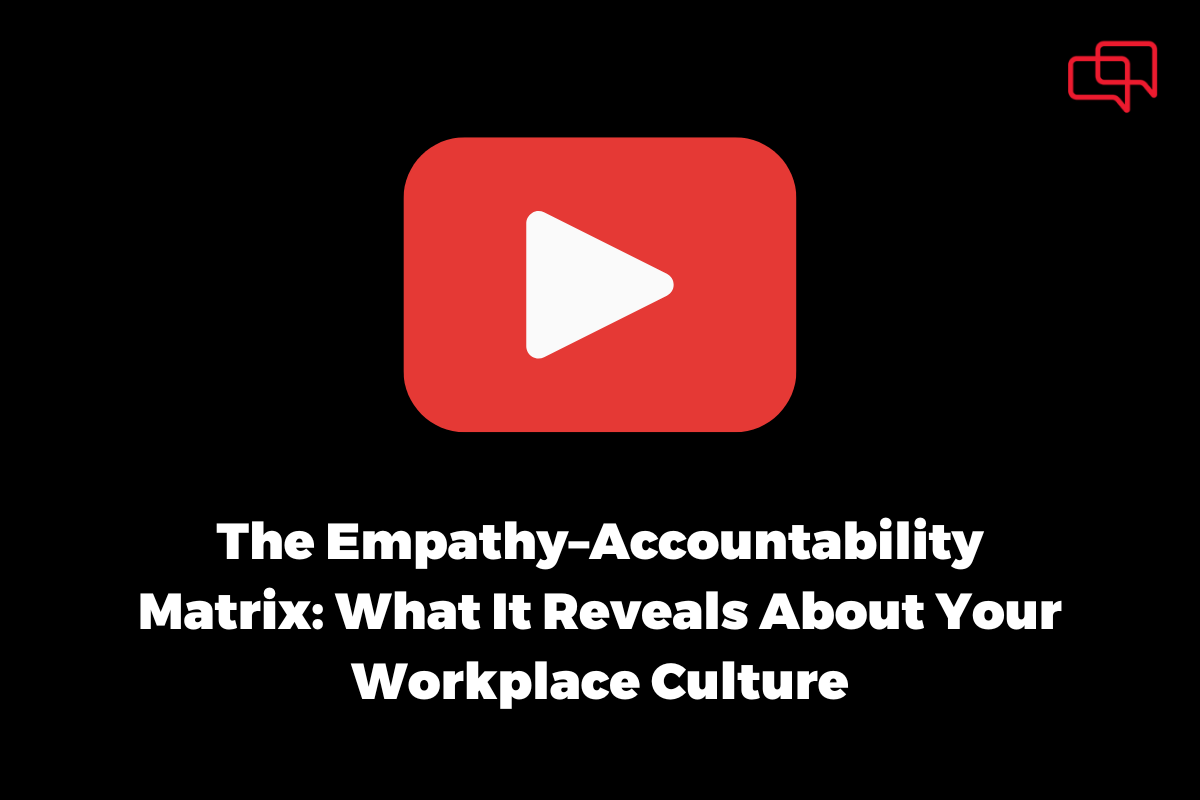
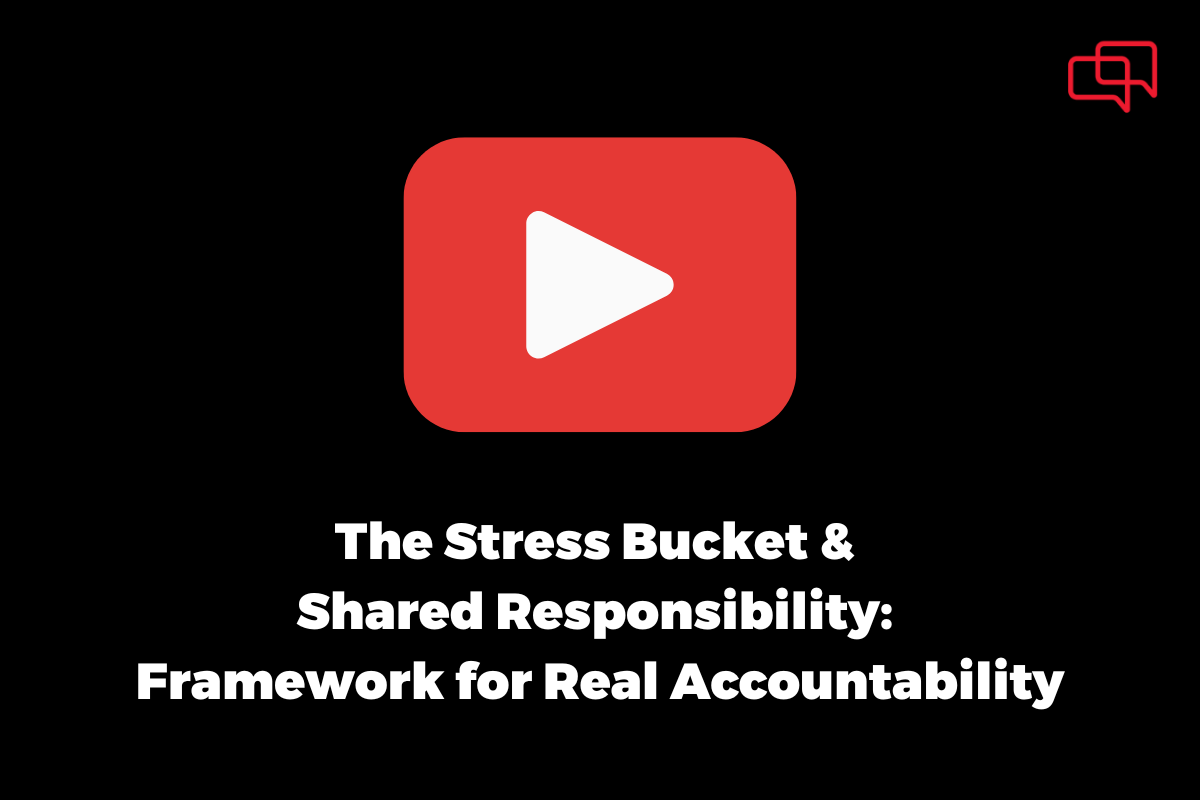

.png)
.png)





%20(1)%20(1).png)
%20(1).png)
.png)
.png)

.png)
.png)

.png)
.png)
.png)





.png)





.png)
.png)
.png)
.png)
.png)
.png)
.png)

.png)
.png)
.png)

.png)

.png)
